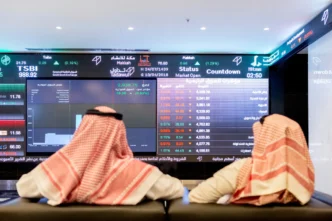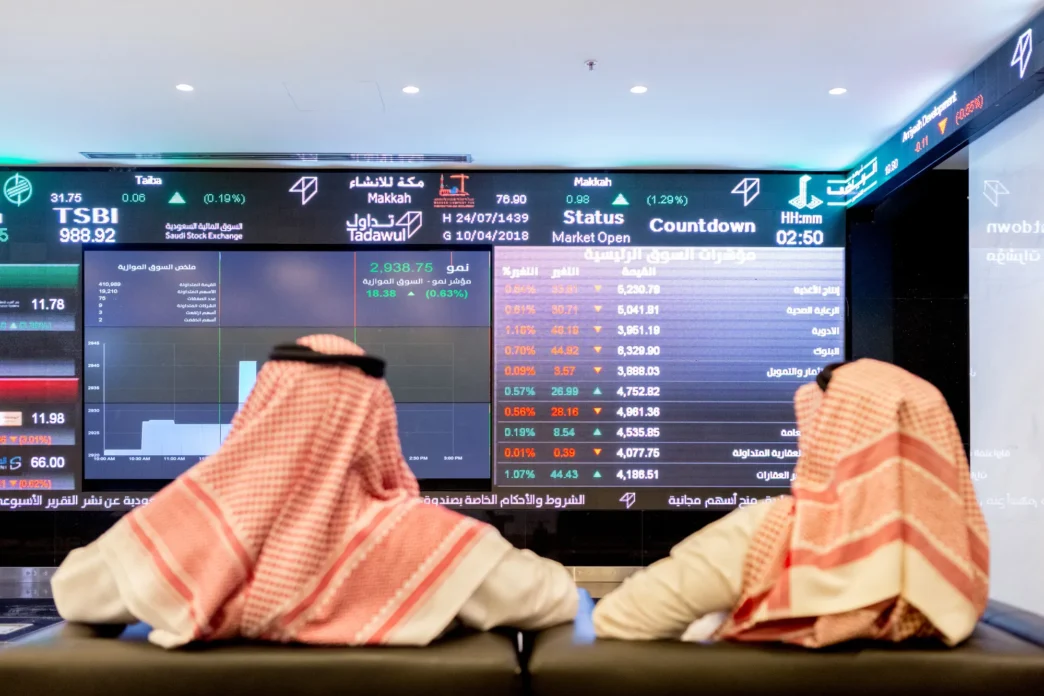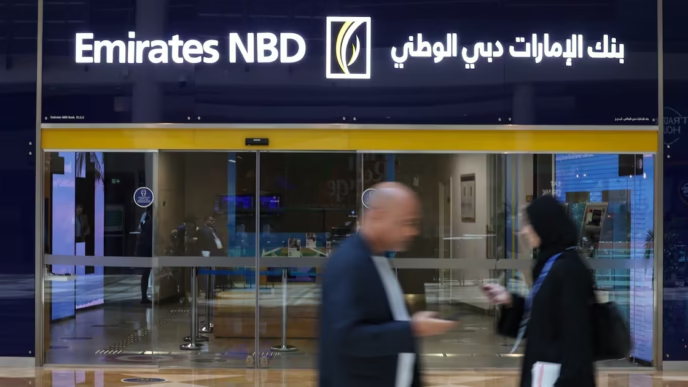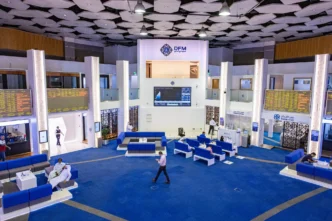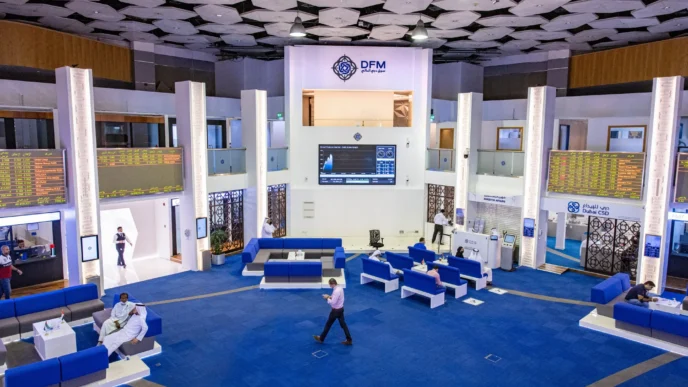Saudi Arabia’s Public Investment Fund (PIF), the kingdom’s sovereign wealth fund, has reportedly slowed the pace of its planned local share sales, responding to a combination of weak market sentiment and disappointing trading debuts in Riyadh. This strategic shift underscores the challenges facing the PIF as it seeks to balance its ambitious Vision 2030 objectives with current market realities.
Market Dynamics Influencing PIF’s Strategy
The decision to decelerate local share sales comes amid a broader downturn in the Saudi stock market. The Tadawul All Share Index, a key benchmark, has experienced a decline, reflecting investor caution and subdued trading volumes. Recent IPOs have underperformed, with several companies’ shares trading below their offering prices, leading to diminished investor confidence. These developments have prompted the PIF to reassess its approach to domestic equity offerings.
PIF’s Broader Investment Strategy
Despite the slowdown in local IPO activities, the PIF continues to pursue its diversification strategy through other avenues. The fund has increased its international investments, notably in the United States, where it has boosted its equity holdings to approximately $23.8 billion by the second quarter of 2025. This shift reflects a strategic pivot towards global markets, seeking more favorable investment opportunities amid domestic market challenges. Additionally, the PIF has been involved in significant transactions, such as the sale of stakes in major tech companies, including Meta Platforms, Shopify, and PayPal, signaling a recalibration of its investment portfolio.
Implications for Saudi Arabia’s Vision 2030
The PIF’s adjusted approach to local share sales may have implications for Saudi Arabia’s Vision 2030, which aims to reduce the nation’s dependence on oil revenues by fostering a dynamic private sector. The slowdown in IPO activities could affect the pace at which the kingdom’s capital markets develop and the extent to which private enterprises can access public funding. However, the PIF’s continued international investments suggest a commitment to achieving diversification goals through alternative channels.
Conclusion
The Public Investment Fund’s decision to decelerate its local share sales reflects a prudent response to current market conditions. While domestic market volatility presents challenges, the PIF’s strategic adjustments indicate a flexible approach to achieving the broader objectives of Saudi Arabia’s Vision 2030. As the global economic landscape evolves, the PIF’s ability to navigate these complexities will be crucial in determining the success of the kingdom’s diversification efforts.


